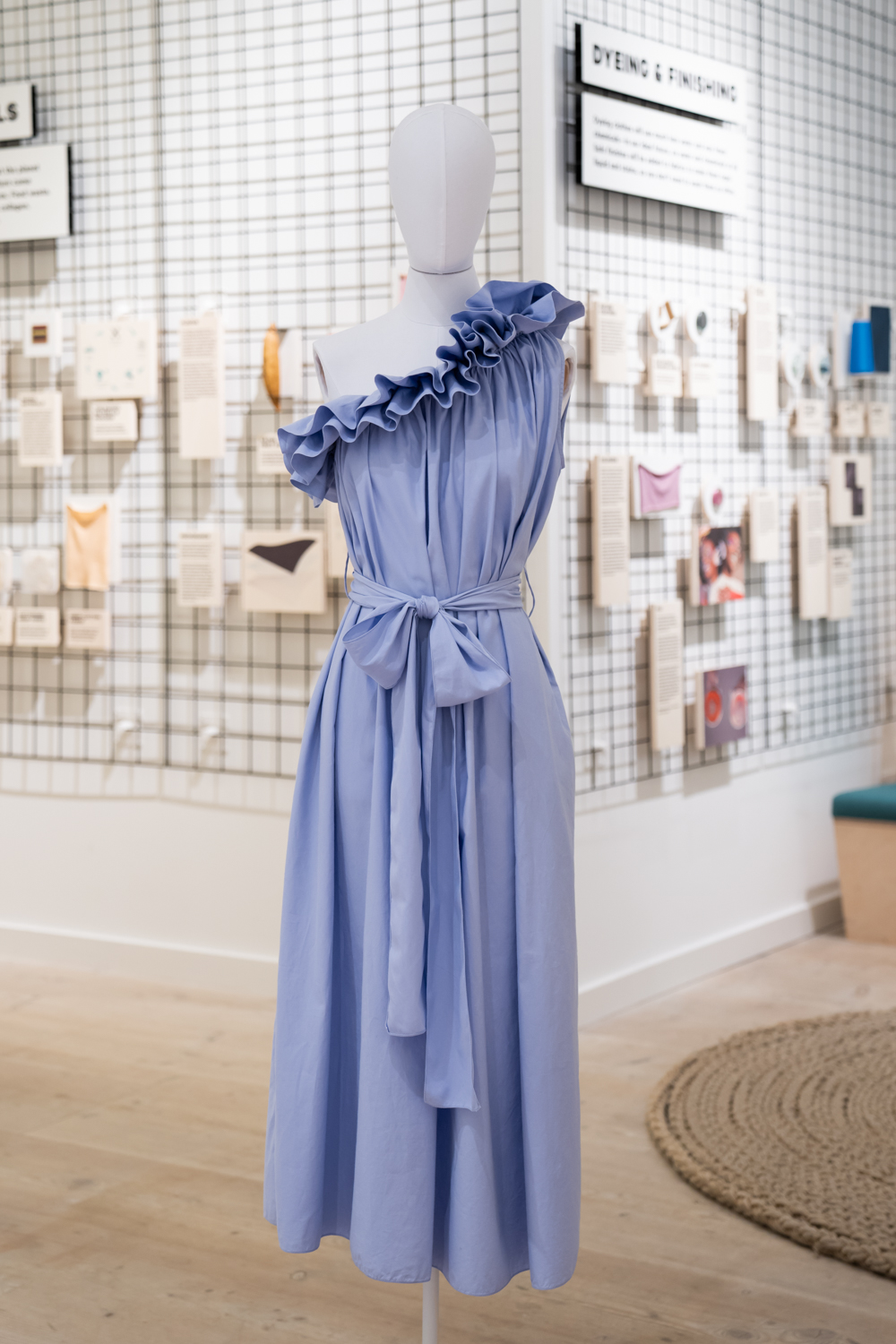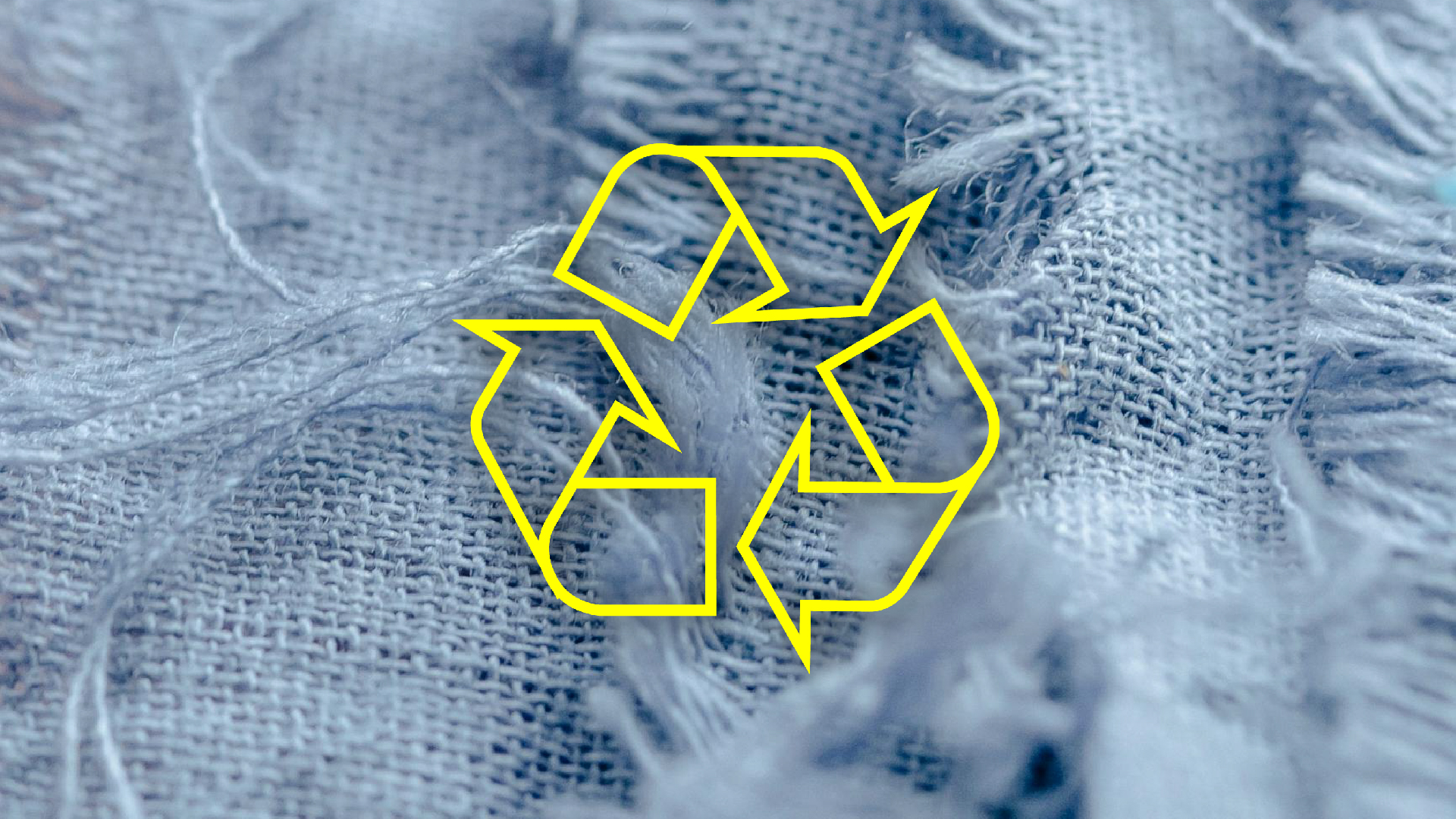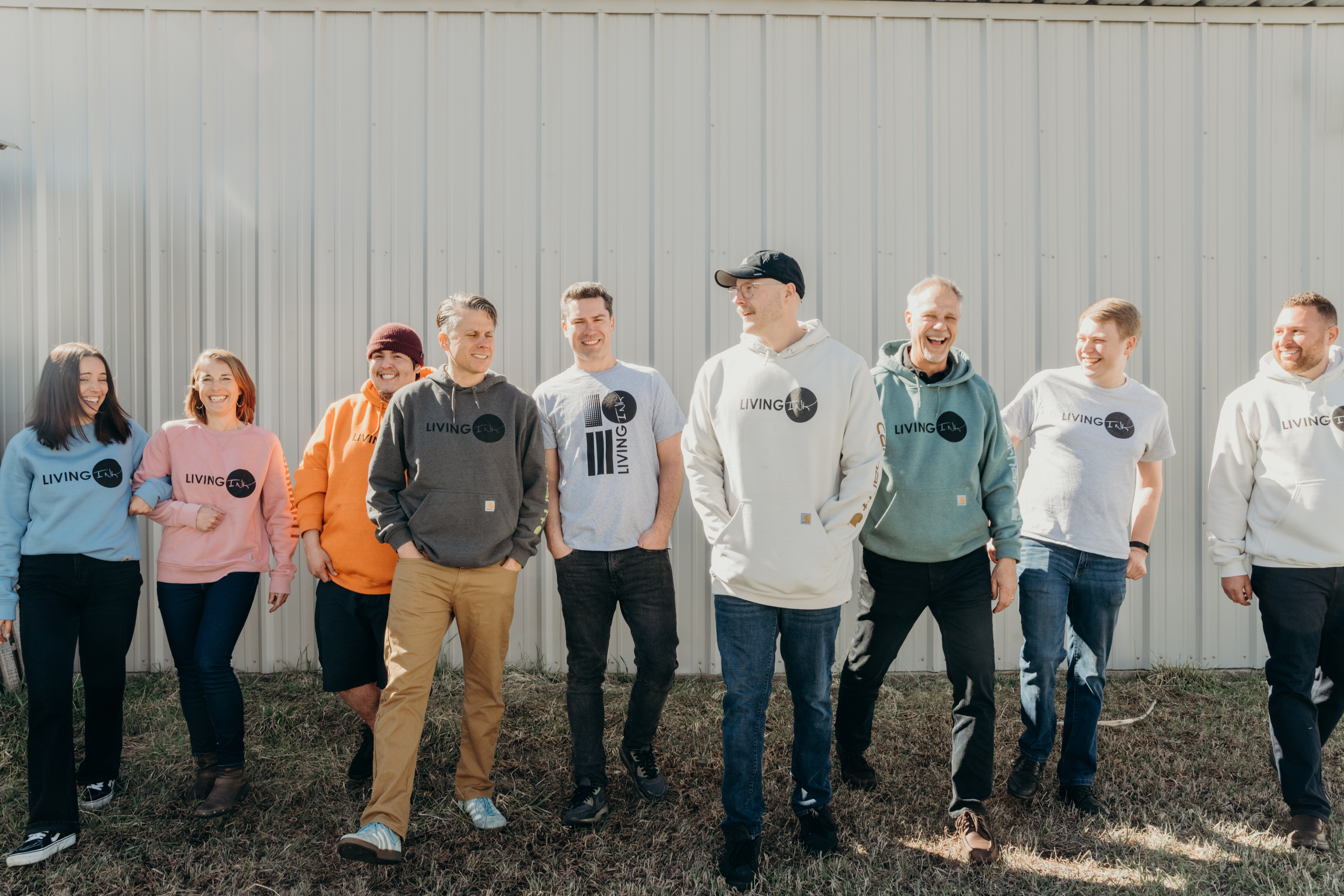Bio-materiaalinnovaties begrijpen: Een inleiding voor de mode-industrie 'Understang Bio material innovation: a primer for the fashion industry'
MOON PARKA by The North Face Japan (GOLDWIN Inc.) & Spiber; the first industrially-made item of clothing constructed using synthetic protein
Credit: Spiber
7 December 2020
NEW YORK/AMSTERDAM – ‘UNDERSTANDING ‘BIO’ MATERIAL INNOVATIONS: a primer for the fashion industry’ co-authored by Biofabricate and Fashion for Good will be publicly released during a special Biofabricate event on December 7th, 2020.
As fashion brands make bolder commitments to address their environmental and social impact issues, there is growing interest in new, more ‘sustainable’ biomaterials. But what exactly are biomaterials? How are they made? What do they contain and how do they differ?
This report provides the first comprehensive review of biomaterial technologies for fashion. By collating key learnings and insights from leading industry experts from both biotech and fashion, the report serves as a unifying and foundational reference for change and innovation across the supply chain.
Click here for the full report
“Biomaterials are already being implemented by the fashion industry but until now we have lacked the tools to understand them. As fashion and other industries partner with biotechnology we need to adopt a shared language, along with collaborative tools for transparency, to grow the healthy materials we all seek.” – Suzanne Lee, CEO, Biofabricate
“Fragmentation across the fashion industry inhibits progress. With this in-depth report that demystifies the continually evolving world of biomaterials, we have a universal point of reference to move closer to an aligned vision that can facilitate momentum and action towards positive impact and more sustainable, circular processes and systems.” – Katrin Ley, Managing Director, Fashion for Good
Fashion for Good and Biofabricate have joined forces to create a common resource of biomaterial technologies establishing a standardised language for innovators, brands and manufacturers alike. The report provides robust definitions for ‘biomaterial’ ‘biobased’, ‘biosynthetic’, ‘biofabricated’, and ‘bioassembled’ materials and clarifies the nuances of these different technologies with an easy-to-follow but extensive set of diagrams.

A dress designed by Stella McCartney using an innovative dyeing method based on bio-pigments developed by Fashion for Good Innovator Colorifix
Credit: Presstigieux
Having laid the foundations of different biomaterial terms and production processes, the report dives into detail, examining the unique challenges of developing and scaling ‘biofabricated’ materials in particular. From designing and engineering cells, to scaling production of grown materials in large facilities, each process requires specialised expertise and equipment. Factors that affect scalability also include access to sufficient capital, affordability, reliability and supportability.
Interviews with over 30 industry experts, including voices from leading start-ups and brands; adidas, AMSilk, Bolt Threads, Kering, Modern Meadow, MycoWorks, and Spiber, provide their insights of the biofabrication landscape and share lessons for scaling disruptive biotech innovations. The breadth of interviews covers all stages of market readiness; topics such as the roadmap to commercialisation, what makes a successful partnership, impact considerations and what the future looks like in this space. These lessons are invaluable for brands and innovators looking to implement sustainable solutions for fashion.
What is evident today is that the demand for new biomaterial innovations far exceeds supply, especially in the emerging field of biofabrication. This remains a relatively new field, with the first few pioneering solutions only now on the cusp of commercialisation. These include AmSilk’s ‘BiosteelTM’, Spiber’s ‘BrewedProteinTM’, ’Mycowork’s ‘ReishiTM’, and the Bolt Threads consortium of adidas, Kering, Lululemon and Stella McCartney focused on the launch of products made with ‘MyloTM’.
As the first comprehensive review of biomaterial technologies for fashion, this timely primer will become a definitive resource for innovators, investors and brands in this fast evolving sector.
The report launched at a special Biofabricate online event on the 7th December. The live webinar will feature Suzanne Lee, CEO and co-founder of Biofabricate and Katrin Ley, Managing Director of Fashion for Good, alongside other guests.
Other Articles

In conversation with Smartex: Explore Smartex’s AI-driven solutions transforming quality control and reducing waste

Fashion for Good and Textile Exchange Team Up to Trace Textile Waste

